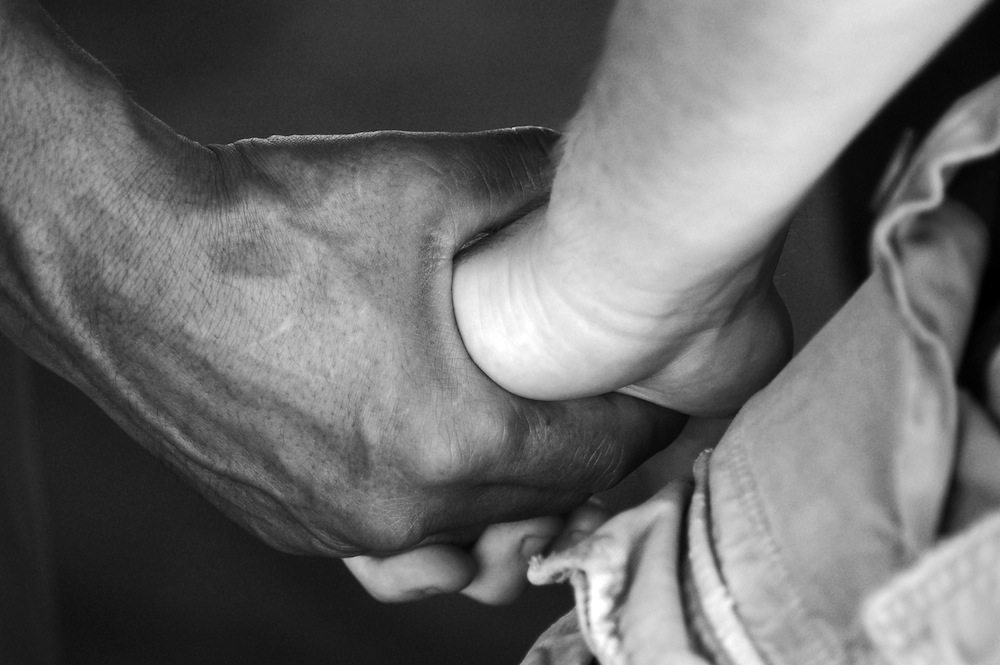To ask for help does not equal weakness. It shows wisdom.
Where there is no counsel, the people fall; But in the multitude of counselors there is safety. (Proverbs 11:14 NKJV)

Photo Source: www.creationswap.com by Todd White
We live in a world, especially in America, where we have this idea of independence and self-reliance ingrained in us so deeply that to ask for help, to not do it on our own equates to weakness. We live in communities, but rarely do we rely on that community except in extreme circumstances like floods or fire or times of crisis.
But in everyday life we idolize the lone figure on a hill, pulling himself up by his bootstraps, never asking for directions, able to overcome obstacles in a single bound. Yet this attitude is contrary to the way God made us.
At the beginning of time we see the perfect, sinless man, Adam in paradise, and God said it wasn’t good that he was alone. He could work alone. He could be alone, He was able, but according to God, it wasn’t ideal.
And so God gave Eve to Adam as a helper. She was like Adam, literally flesh of his flesh and bone of his bone, but obviously different in so many ways. She didn’t quash his individuality, but God designed them to work together.
As husbands and wives we sometimes jokingly refer to our spouse as our other half (or our better half). And there’s a lot of truth to that.
“Who can find a virtuous wife? For her worth is far above rubies. The heart of her husband safely trusts her; So he will have no lack of gain. She does him good and not evil All the days of her life.” (Proverbs 31:10-12 NKJV)
Ultimately our help comes from the Lord, the maker of heaven and earth, and as a husband God provides through my spouse. And as a single person God provides through community. Where does your help come from?